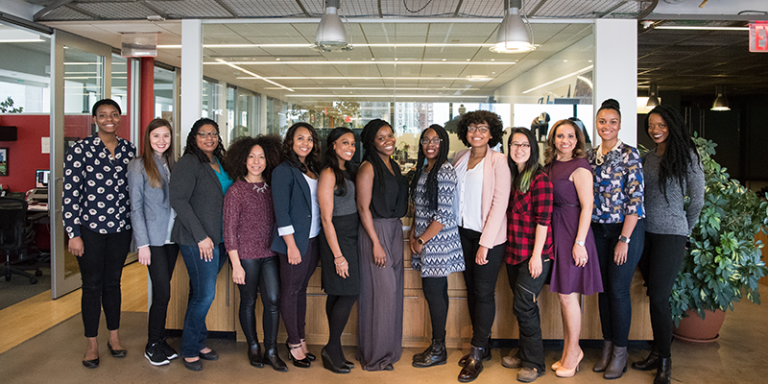The impact of culture on women in the workplace
26 May 2022
Uta Schönberg looks at what happened to women’s participation in the workplace in post-reunification Germany and reveals why culture matters so much when women choose whether or not to return to employment.

Does the culture in which a woman grows up influence her decision to return to work after she has had a child? And to what extent can exposure to a different cultural group in adulthood shape maternal labour supply?
To answer these questions, my co-authors Barbara Boelmann and Anna Raute and I considered a rare historical case study of two separate cultures that later came together, that of German reunification.
East Germany – a state socialist country – strongly encouraged mothers to work full-time, whereas West Germany – a capitalist country – propagated a more traditional male “breadwinner” model. In East Germany, women were given the constitutional right to work and receive equal pay in 1949. East Germany was also one of the first countries to introduce a generous maternity leave policy and expand free childcare.At the same time, housewives were devalued, often described pejoratively as Schmarotzer (parasites).
In West Germany, meanwhile, the tax and benefit system and short school schedules discouraged dual-earner families, and day-care centres were colloquially treated with suspicion – referred to as Fremdbetreuung (care by strangers).
In 1989, just before the fall of the Berlin wall, around 89% of women in the GDR worked, typically on a full-time basis. This – for the time – was one of the highest rates in the world. In West Germany, by contrast, only 56% of women worked, often on a part-time basis.
After reunification, the two cultures came into contact, as East and West Germans migrated and commuted across the former inner-German border and started to work together in the same workplaces.
Do cultural differences between East and West Germany persist once East and West Germans socially interact with each other? Or do the two cultures adopt, and if so, which culture adopts to which?
Interestingly, East German culture has persisted more than the West German one. East German migrants who give birth in West Germany stick to the beliefs and values of their childhood environment and continue to behave according to their East German upbringing, even after several years in a West German environment.
In contrast, West German migrants who give birth in East Germany adjust their post-birth behaviours nearly entirely in concert with their East German colleagues. Moreover, this change in behaviour is not confined to the West German mother living in East Germany but is longer-lasting, even when she returns to the more traditional environment in which she was raised.
These findings demonstrate that the diffusion of gender norms and related labour supply decisions of mothers primarily goes in one direction only—from a less traditional to a more traditional culture—whilst more gender egalitarian norms are harder to undo.
These research findings refer to women who migrated across the former inner-German border and experienced the “new” culture first-hand. What about West German mothers who never lived in East Germany but are partially exposed to the more gender egalitarian East German culture as they work alongside East German colleagues? We find that a higher share of East German colleagues—and in particular, female colleagues in the same occupation—induces West German mothers to accelerate their return to work after childbirth, suggesting that migration can be a catalyst for cultural change.
Taken together, our paper highlights that the East German socialist regime has left an important legacy.
Not only has cultural change brought about by socialism had persistent effects on East German women even after the political integration of the East German regime into West Germany, but even more strikingly, the East German gender egalitarian culture has spread to the more traditional West when women have had the opportunity to interact.
Thus, one reason for the stalling labour supply of women and persistent motherhood penalties in gender traditional cultures might be the lack of direct contact to more gender egalitarian cultural values and beliefs.
Dr Uta Schönberg is Professor of Economics.
 Close
Close

